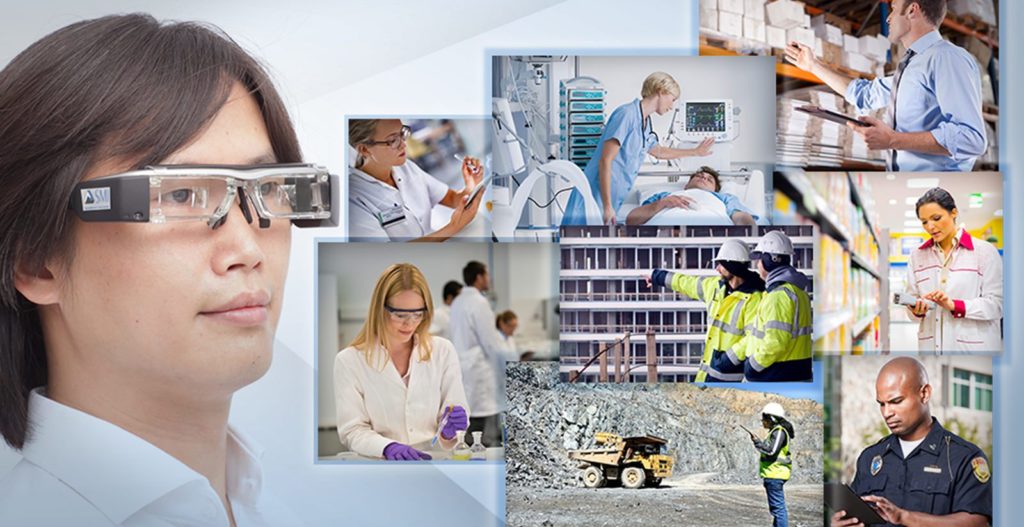Are virtual GP visits the way of our e-Health future? Dr. David Hansen — CEO of the e-Health Research Centre, speaks to ABC breakfast’s Miriam Corowa about using information and communication technologies to improve the delivery of health care.
eHealth
Flickr/smieyetracking CC BY-ND 2.0
Need to get some repeats on your script, but don’t want to bother the doctor? How about getting them to look at a strange bump behind your ear that’s almost certainly harmless, but is keeping you from a sound night’s sleep? Or, how about your eyes being in need of specialist treatment to prevent blindness, but your location in a remote community grants no access to an ophthalmologist?
All these reasons, as well as ones we can’t yet imagine, are why we’re using information and communication technologies to improve the delivery of health care in a field known as e-health.
Speaking to ABC breakfast’s Miriam Corowa, Dr. David Hansen —CEO of the e-Health Research Centre, a co-operative between us and Queensland Health — answered some questions about e-Health and virtual GP visits.
What sort of applications does e-Health cover?
“There’s actually lots happening in this space at the moment. Public hospitals, particularly in Queensland and Western Australia already have a lot of video conferencing used in their services out to rural and remote areas. Western Australia has recently launched, about a year or two ago now, an emergency clinic so that they can provide emergency doctors via video-conference into rural and remote hospitals which don’t have the demand needed to have an emergency doctor actually in those towns.
Queensland already uses video conferencing to enable people to do specialist consults between hospitals so that people don’t have to travel into the south-east corner of Queensland, for example, for their appointments.
So now we’re starting the see the evolution of that into GP clinics. It’s not here yet, but we’re certainly starting to think about the different business models which can be used in primary care so that people don’t have to travel all the time to see their doctor.”
A health worker would be on hand to assist with the process?
“Yes, that’s right. We at CSIRO recently ran trials using the NBN satellite up into the Torres Strait, now to the WA goldfields, around teleophthalmology. This would usually require an ophthalmologist, rather than a GP to visit the places. And ophthalmologists still do, but it’s only once or twice a year, and so if people are away those days, can’t get to the clinic on those days, or if the clinic books out, then people don’t really get the chance to get their eyes screened. So in our trial we ran 1300 patients through a screening done by a health practitioner, nurse practitioner, in those clinics. The retinal images of their eyes were transferred to Brisbane or Perth for reading by an ophthalmologist who then provided some information back to the nurse practitioner on follow-up.
So that might be that this person needs to see the ophthalmologist the next time the person, the ophthalmologist, was in that town. There are a number of different diagnoses that were able to be made this way, and that was followed up through the local GP. And then, in 8 cases out of the 1300, we actually had that person transported for sight-saving surgery in the next few days.”
How does a patient-doctor relationship get upheld when it’s remote?
“We’re not advocating to do away with face-to-face GP appointments. They’ll be very important, but we want to make them more efficient and there’re times, for repeat prescriptions, for instance, where it probably isn’t necessary to see a GP face-to-face, where you can do a virtual consult, and get that prescription sent to a local pharmacy for pick up.”
What else is possible with e-Health?
“So there are lots of opportunities to look at what sort of services we can offer. Like ordering a blood test before going to the GP for instance, so that you can discuss your results when you get to the GP. Especially with people with chronic diseases, finding efficient ways to make sure that the time that we do have with our GP is well used, is going to be really important into the future.”


